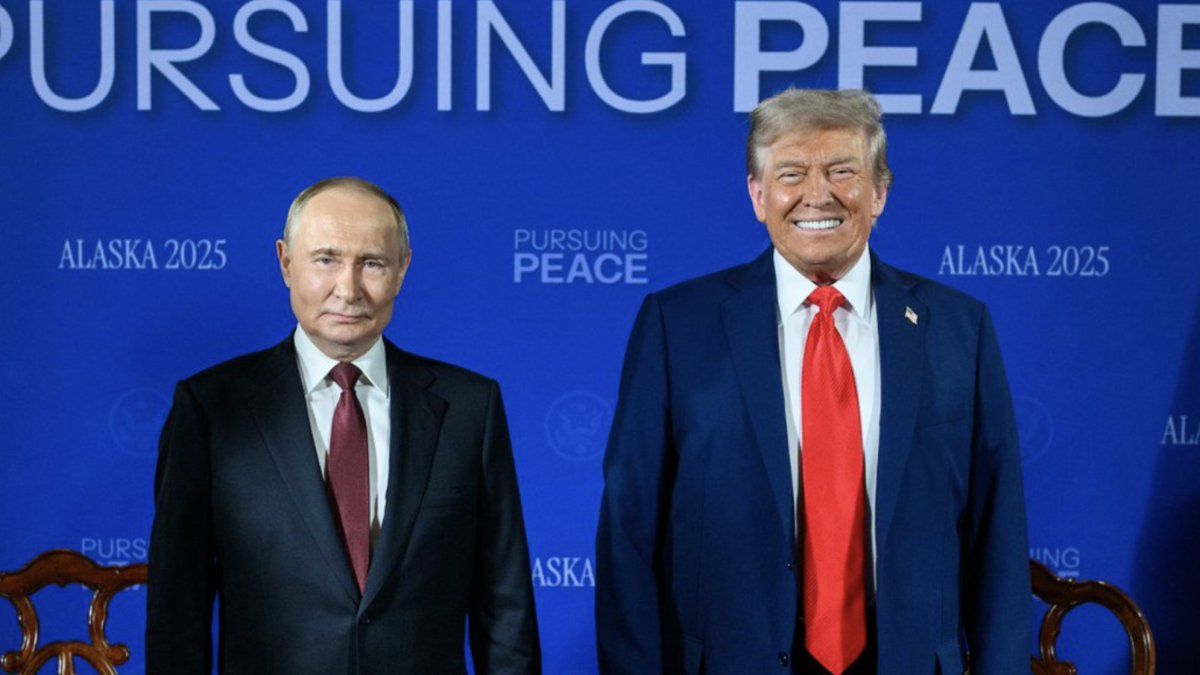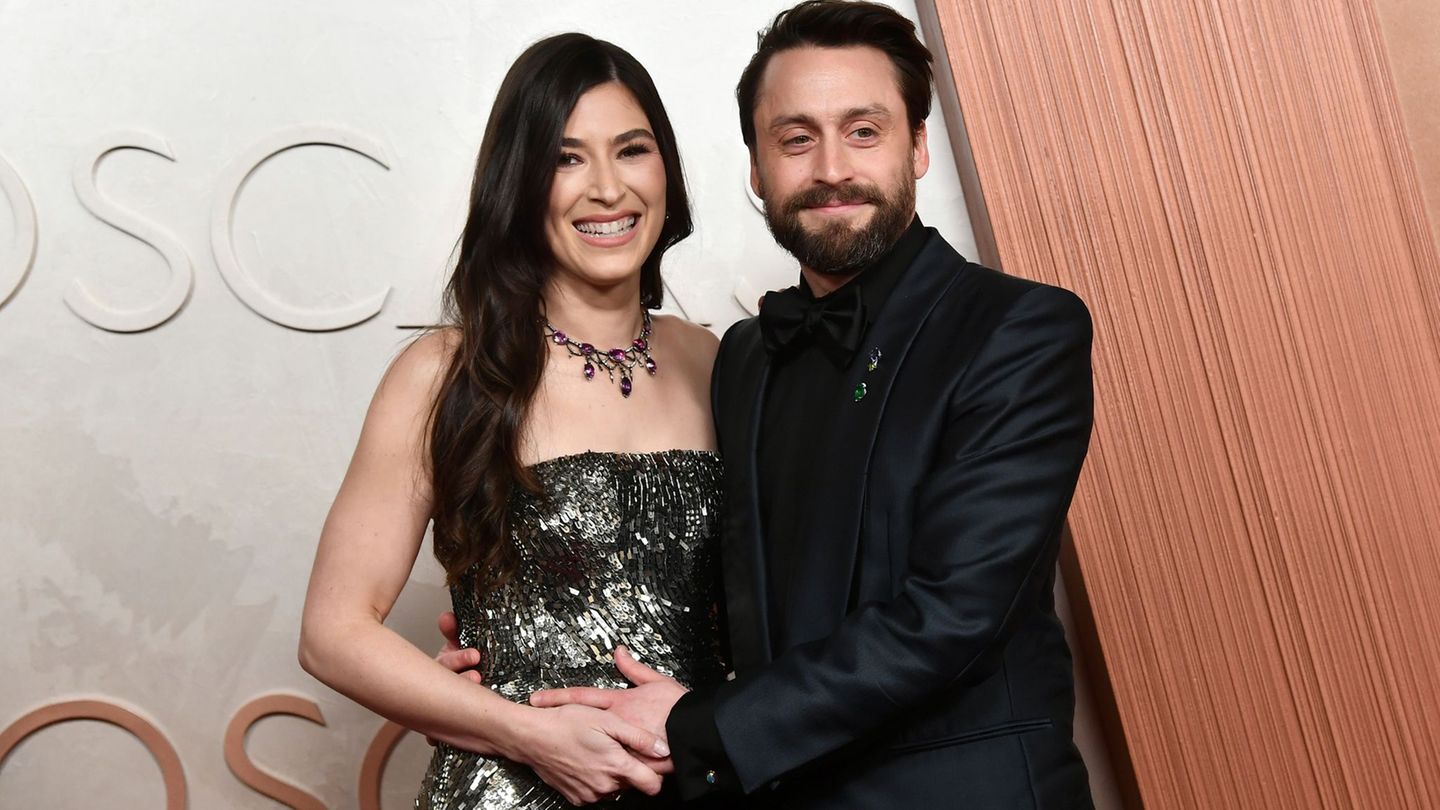Putin’s war in Ukraine has the dimension of becoming a world war. “We were not prepared and are not prepared today,” said Busek at a panel discussion of the Austrian-American Society (ÖAG) on Monday evening in Vienna. “We are brave – down to the last Ukrainian,” is how Europe sees itself right now. And: “With the Ukraine question, we have a crisis of democracy.” Busek criticized the lack of discussion not only with President Vladimir Putin in Russia, but also with Hungary’s national-conservative Prime Minister Viktor Orban.
Reinhard Heinisch, a political scientist at the University of Salzburg, takes a similar view: “Europe looks the other way, even when it comes to European conflicts, keyword Balkans,” he said at the discussion, which could be followed both live and via Internet stream. Politicians must take responsibility again. It is up to politicians to make decisions and communicate them. “We have a crisis of political leadership.” Putin has therefore recognized the weakness of the West and wanted to exploit it. Europe’s self-image as a “civilian superpower” is a myth.
What’s next? Heinisch is certain: “It will become more complex, the images will get worse.” On the one hand, Europe has the worst cards possible. However: Putin managed to unite the West “in an indescribable way” and he persuaded “pacifist Germany” to change its position. Neutral states approached NATO.
Austria’s neutrality was “always very half-hearted” anyway, said Gunther Hauser, head of the Institute for Strategy and Security Policy at the National Defense Academy (LVAk) in Vienna, and recalled that Austria has been a NATO partner since 1995 within the framework of the Partnership for Peace (“Partnership for Peace”/PfP). In any case, Putin will try to test the West further. NATO must be ready to defend the alliance and provide massive support to the Ukrainian civilian population. It was clear for the group that Putin could not easily go back.
Source: Nachrichten




